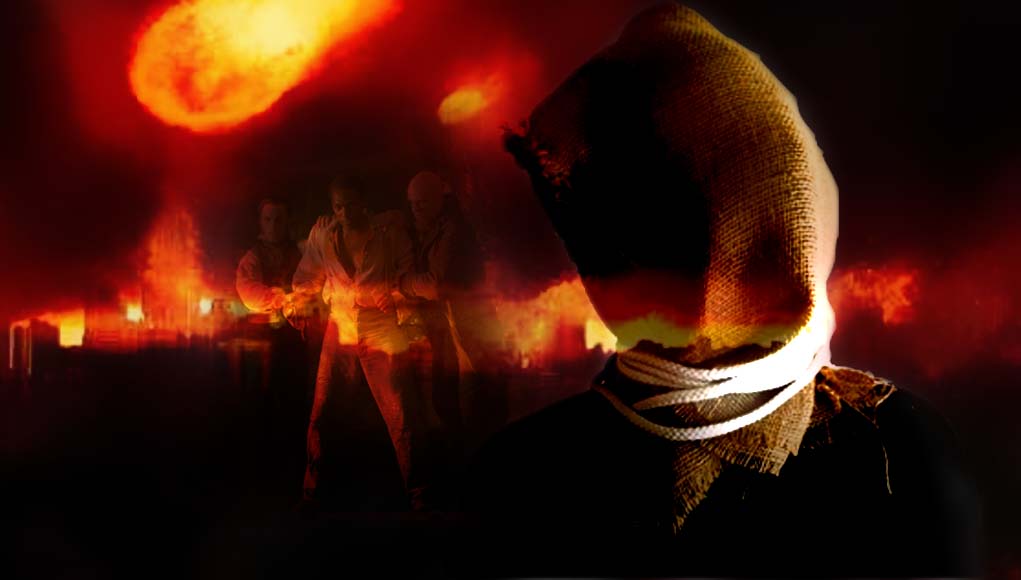You Are Being Sodomized by the Sodomites and it isn’t the Gays
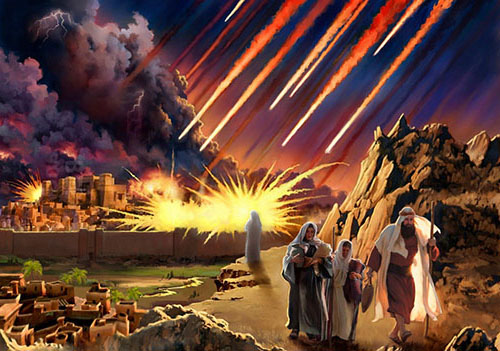
Many have been taught that Sodom and Gomorrah were destroyed solely because of homosexuality—that these cities were filled with men engaged in same-sex relations, prompting God to burn them down. This belief is reinforced by the English word “sodomy,” which is defined as sexual acts involving anal or oral intercourse. The term originates from medieval Latin sodomia, referencing Genesis 19:5, where the men of Sodom demand to “know” Lot’s guests. This passage has been commonly interpreted as an indication of homosexual rape.
But is this truly the full story? Let’s take a closer look at what the Bible and other historical texts actually say about Sodom and Gomorrah.
What Does Scripture Say?
In Genesis 18:20-21, God declares that Sodom and Gomorrah’s sins are “very grievous,” prompting Him to investigate further.
Genesis 18:20-21
“And the Lord said, Because the cry of Sodom and Gomorrah is great, and because their sin is very grievous; I will go down now, and see whether they have done altogether according to the cry of it, which is come unto me; and if not, I will know.”
In Genesis 19, the men of Sodom surround Lot’s home and demand that he bring out his guests so that they may “know” them. This phrase has often been interpreted as a request for sexual relations.
Genesis 19:4-5
“But before they lay down, the men of the city, even the men of Sodom, compassed the house round, both old and young, all the people from every quarter: And they called unto Lot, and said unto him, Where are the men which came in to thee this night? bring them out unto us, that we may know them.”
Lot refuses and even offers his daughters instead, further reinforcing the idea that the men’s intent was violent and immoral.
What Does “Know” Really Mean?
The original Hebrew word for “know” in Genesis 19:5 has often been translated as “to have sexual relations.” However, an alternative reading suggests that the more accurate translation is “to bed“—a reference not to sex, but to an act of torture.
This idea is supported by the Book of Jasher (The book of the Upright), an ancient text referenced in Joshua 10:13 and 2 Samuel 1:18. This book provides additional details on the practices of Sodom and Gomorrah, revealing that “bedding” was a form of sadistic punishment rather than a sexual act.
Jasher 19:3 And by desire of their four judges the people of Sodom and Gomorrah had beds erected in the streets of the cities, and if a man came to these places they laid hold of him and brought him to one of their beds, and by force made him to lie in them.
4 And as he lay down, three men would stand at his head and three at his feet, and measure him by the length of the bed, and if the man was less than the bed these six men would stretch him at each end, and when he cried out to them they would not answer him.
5 And if he was longer than the bed they would draw together the two sides of the bed at each end, until the man had reached the gates of death.
6 And if he continued to cry out to them, they would answer him, saying, Thus shall it be done to a man that cometh into our land.
7 And when men heard all these things that the people of the cities of Sodom did, they refrained from coming there.
What Was “Bedding” in Sodom and Gomorrah?
The Book of Jasher describes the horrific custom of “bedding” strangers who entered the city:
- Special beds were placed in the streets. If a traveler entered Sodom, the people would seize him and force him onto one of these beds.
- If the man was shorter than the bed, they would stretch him until his body fit its length.
- If he was taller than the bed, they would cut him down to size.
- If he cried out, they would ignore his pleas for mercy and declare that this was simply the custom of the land.
This was not an act of sexual desire but one of cruelty, humiliation, and brutality.
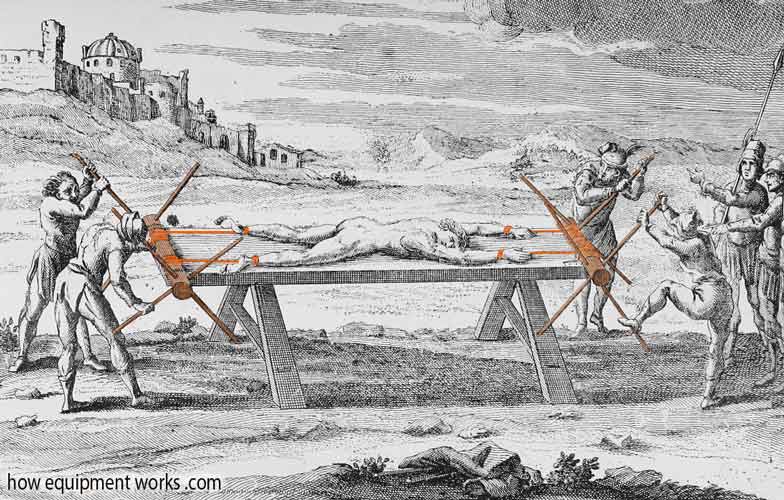
Genesis 19:7 And said, I pray you, brethren, do not so wickedly. 8 Behold now, I have two daughters which have not known man; let me, I pray you, bring them out unto you, and do ye to them as is good in your eyes: only unto these men do nothing; 9 And they said, Stand back. And they said again, This one fellow came in to sojourn;
Understanding Lot’s Offer and the Corruption of Sodom
In Genesis 19:7-9, Lot attempts to reason with the violent mob outside his home, urging them not to commit wickedness. He then offers his virgin daughters instead, but the crowd refuses and insists on seizing the strangers (the angels).
Many have interpreted this passage to mean that Lot was trying to appease a group of raging homosexuals who wanted to sexually violate the angels. According to this view, the mob rejected his daughters because they were only interested in same-sex relations.
However, the Book of Jasher provides additional context that challenges this interpretation.
The Sin of Sodom: More Than Just Sexual Immorality
According to Jasher 18:13-15, the people of Sodom engaged in public sexual violence and ritualistic abuse during their city-wide festivals. This passage describes how men took their neighbors’ wives and daughters, violating them in plain sight, while their husbands and fathers remained silent. This reveals a deeply corrupt and lawless society where rape and brutality were normalized, not just among men but against women as well.
Thus, when Lot offered his daughters, he was not simply presenting an alternative to an act of homosexuality. Instead, he was making a desperate attempt to protect his guests from a sadistic form of torture that the Sodomites regularly inflicted on strangers.
“And He Will Needs Be a Judge” – The Corrupt Legal System of Sodom
The mob’s response in Genesis 19:9 reveals their hostility toward Lot for attempting to judge their actions:
“And they said, Stand back. And they said again, This one fellow came in to sojourn, and he will needs be a judge: now will we deal worse with thee, than with them.”
The Book of Jasher 19:1-2 expands on this, describing how Sodom had a deeply unjust judicial system run by four corrupt judges. The names of these judges were later translated by Abraham’s servant Eliezer, revealing the nature of their rule:
- Serak (The Abundant One) → Shakra (The Lustful One)
- Sharkad (The Free One) → Shakura (The Doubly Lustful One)
- Zebnac (The Giving One) → Kezobim (The Lost Wanderer, The Confused One)
- Menon (The Consoling One) → Matzlodin (The One Who Does Not Seek Justice)
These names expose the city’s culture of excess, lust, lawlessness, and injustice. The people of Sodom and Gomorrah did not just engage in immorality—they created a legal system that protected and encouraged wickedness while punishing the righteous.
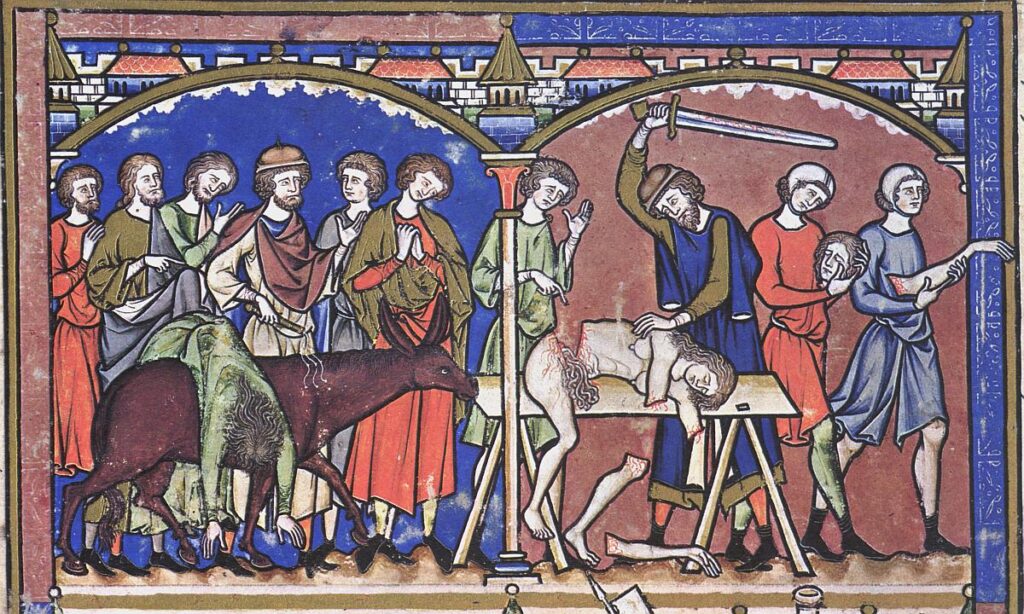
The Wicked Laws and Customs of Sodom and Gomorrah
The Book of Jasher expands on the deep corruption and brutality that defined Sodom and Gomorrah. Their society was not just immoral but deliberately cruel and unjust, targeting the weak, the poor, and even their own people who showed compassion.
A Corrupt Judicial System
One story from Jasher 19:12-21 illustrates the complete perversion of justice in Sodom:
- Eliezer, Abraham’s servant, witnessed a man of Sodom attack a stranger, steal his clothes, and leave him naked.
- When Eliezer intervened to help, the attacker struck Eliezer on the forehead with a stone, causing him to bleed.
- Shockingly, the attacker demanded payment, claiming that the act of drawing blood was a service, and this was “the custom of the land.”
- When Eliezer refused, the man took him before Shakra, the judge of Sodom, who ruled in favor of the attacker, ordering Eliezer to pay for his own injury.
This reveals that Sodom’s legal system was not about justice, but about justifying evil.
Systematic Oppression of Strangers and the Poor
The Book of Jasher explains the meaning behind Genesis 18:20, where God declares that the “cry of Sodom and Gomorrah is great”—this was the suffering of the innocent at the hands of a wicked people.
1. Robbing Travelers (Jasher 18:16-17)
- When a traveler came to Sodom, the entire city would gang up on him, stealing his goods little by little.
- If he protested, each thief would say, “I only took a little,” until he had nothing left.
- Once the traveler was left penniless, they would chase him out of the city.
2. Starving the Poor to Death (Jasher 19:8-10)
- If a poor man entered the city, the people would give him gold and silver, but they would refuse to give him food, ensuring he would starve.
- When he eventually died, they would take back their money and strip his body of clothing.
- This cruel practice was repeated every time a poor person entered their land.
The Righteousness of Paltith and Her Martyrdom
One of the most tragic stories involves Paltith, Lot’s daughter.
- A poor man came to Sodom seeking food, but the city’s cruel law forbade anyone from helping him.
- Paltith secretly fed him by hiding bread in her water pitcher when she went to fetch water.
- The people became suspicious when the man survived for many days without food and set a trap.
- They caught Paltith in the act of giving him bread and brought her before the judges.
- Her punishment? The people of Sodom burned her alive in the street.
A similar fate befell a young woman in Admah, another city in the region:
- She offered bread and water to a weary traveler who had nowhere to stay.
- The people accused her of violating their laws against hospitality.
- Her punishment was horrific—she was covered in honey and left to be stung to death by bees.
- Her cries of agony reached the heavens.
The Justification for Sodom’s Destruction
These accounts explain why God declared in Genesis 18:20-21 that Sodom and Gomorrah’s sin was “very grievous.” Their evil was not just about sexual immorality—it was an entire culture built on:
- Systematic oppression of the poor and vulnerable
- Corrupt courts that rewarded wickedness
- Torture and public executions of those who showed compassion
- A complete rejection of justice, mercy, and righteousness
God’s judgment on Sodom and Gomorrah was not just an act of divine wrath—it was divine justice against a people who had made cruelty their law.

The Wickedness of Sodom and Gomorrah and God’s Judgment
The Book of Jasher gives deeper insight into the extreme wickedness that consumed Sodom and Gomorrah. Their sins went beyond immorality—they were a people who delighted in cruelty, especially toward the poor and those passing through their cities.
A City of Cruelty and Injustice
- The people of Sodom were not just inhospitable; they were intentionally brutal.
- They tortured and starved the poor and needy, refusing to give them even a morsel of bread until they died.
- If anyone dared to help a starving person, they too would be tortured and put to death.
- Once their victims died, the people would rob them of all their possessions, even fighting over their belongings until the strongest person claimed them.
- This was not an isolated practice—it was their law. Anyone who entered their land was subject to their violence, and they would say:
“Thus shall it be done to any man that enters our land.” - They were like a lawless gang of violent mobsters, committing rape, robbery, pillaging, plundering, and murder without remorse.
Why God’s Judgment Was Inevitable
The Bible records in Genesis 19:13 that God’s angels declared:
“For we will destroy this place, because the cry of them is waxen great before the face of the Lord; and the Lord hath sent us to destroy it.”
The Book of Jasher explains why their sins were so great:
- Jasher 19:44 – Sodom had plenty of food and peace within their land, yet they refused to help the poor and needy.
- Jasher 19:45 – Their sins became so great that God sent His angels to destroy the city.
Even the Prophet Ezekiel reveals why Sodom was destroyed:
- Ezekiel 16:49-50 – Their sins were pride, laziness, excess, and cruelty to the poor.
- Despite having everything they needed, they chose to oppress and mistreat others.
- Their haughtiness and abominations led God to wipe them out.
God’s Justice and the Perversion of His Law
God is a God of wisdom, justice, and righteousness. He does not only distinguish right from wrong but also just from unjust, fair from unfair. Everything He does has a purpose and reason.
However, there are those who twist God’s laws to fit their own agenda—condemning people based on a part of the law rather than the whole truth.
- When people spread a distorted version of God’s judgment, they corrupt the understanding of the people.
- This perversion of God’s law leads to a society that is wicked, unjust, and immoral, just like Sodom and Gomorrah.
Sodom was destroyed because of unchecked evil, and its fate serves as a warning to any nation that rejects justice, mercy, and righteousness in favor of oppression and corruption.
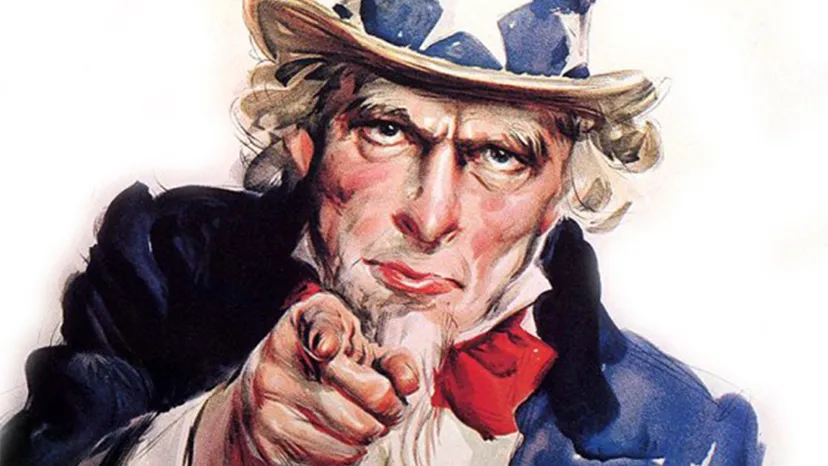
The Spirit of Sodom: Oppression, Injustice, and Cruelty
Sodom and Gomorrah were not just cities of immorality—they were places of systematic oppression, cruelty, and injustice, where the strong preyed on the weak without mercy. Their legacy lives on wherever injustice flourishes.
- If you use your power to exploit the poor and needy while they suffer and perish, you are acting in the spirit of Sodom.
- If you are trapped in a system designed to keep you poor, sick, and powerless while others profit from your suffering, you are experiencing the same oppression as the victims of Sodom.
- If the justice system is built to work against the vulnerable, enforcing unfair and biased laws that strip them of their dignity, wealth, and even their lives while benefiting the rich and powerful—you are witnessing the modern-day spirit of Sodom in action.
- If you are drowning in debt, struggling under a system that keeps you weak while others grow stronger off your hardship, you are being exploited just as the oppressed were in Sodom.
- If you live in a place where those in power declare, “We do not want you in our land,” and they subject your people to cruel and inhumane treatment—starvation, torture, public executions, lynchings, and other forms of brutal punishment—you are living in a modern-day Sodom.
Sodom was not just a city—it was a system, a mindset, and a way of life that glorified oppression and fed on injustice. Wherever greed, cruelty, and exploitation thrive at the expense of the poor and powerless, the spirit of Sodom is alive—and history shows that God does not leave such evil unpunished.

